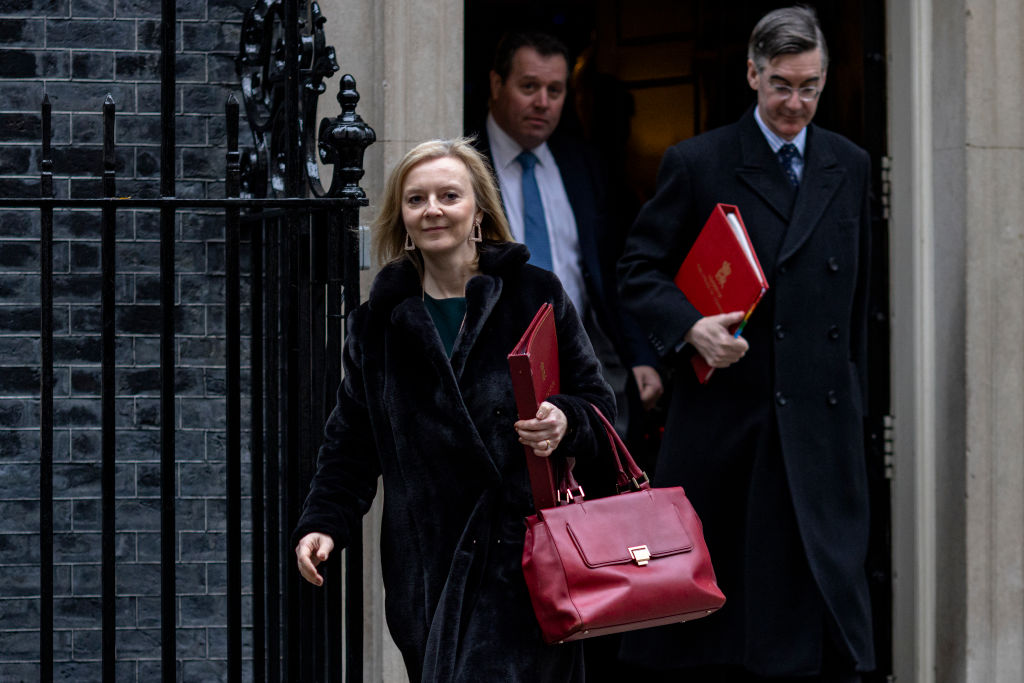UK unveils £2.6 billion National Cyber Strategy
The strategy prioritises investing in the UK's cyber skills, improving cyber security responses, and disrupting state-backed cyber attacks


The UK’s Cabinet Office has unveiled its approach to “protecting and promoting” the country’s interests in the cyber space as part of the £2.6 billion National Cyber Strategy.
Unveiled today, the strategy prioritises investing in the nation’s digital skills, improving cyber security response and recovery tactics, and deterring and disrupting state-backed cyber attacks against the UK.
Building on its 2016-2021 predecessor, as well as the “Global Britain in a competitive age” whitepaper from March 2021, the Strategy also aims to minimise the UK’s dependence on other markets, while also promoting international collaboration in taking down adversaries. Reducing cyber risks will allow UK businesses to “maximise the economic benefits of digital technology”, according to the Strategy.
The priorities are part of five “pillars” that are expected to be implemented by 2025:
- Strengthening the UK cyber ecosystem
- Building a resilient and prosperous digital UK
- Taking the lead in the technologies vital to cyber power
- Advancing UK global leadership and influence for a more secure, prosperous and open international order
- Detecting, disrupting, and deterring adversaries to enhance UK security in and through cyber space
The UK has said it will achieve these steps through public sector and law enforcement investment, including the National Cyber Force and NCSC, as well as implementing policies including the Product Security and Telecommunications Infrastructure Bill, which bans the use of universal default passwords on new devices.
RELATED RESOURCE

However, the implementation of the strategy's five pillars will also depend on businesses "playing their part", with the government calling for additional private investment across cyber security and renewed efforts to expand talent pools in order to improve diversity across teams.
Foreign Secretary Liz Truss said that “the new £2.6 billion National Cyber Strategy, launched today, will solidify the UK’s position as a leading democratic, responsible cyber power”.
Get the ITPro daily newsletter
Sign up today and you will receive a free copy of our Future Focus 2025 report - the leading guidance on AI, cybersecurity and other IT challenges as per 700+ senior executives
“We will set the rules, roles and responsibilities that govern a free, open and secure cyberspace that benefits all global citizens,” she added, also pledging to “create a network of liberty with our fellow responsible cyber powers to defend against criminal and malign use of cyberspace”, as well as to “unleash the very best of British innovation, developing next-generation technology that protects us and our allies from those who seek to undermine us”.
Truss warned that technology-enabled “freedoms” are being “threatened by malign actors seeking to undermine democracies in the digital world and beyond”.
This includes threat actors from Russia, Iran, North Korea, and China, with the latter being seen as “the single biggest driver of the UK’s future cyber security”.
“Now is the time for the free world to fight back, and harness the power of technology, to promote freedom not fear,” said Truss.
Having only graduated from City University in 2019, Sabina has already demonstrated her abilities as a keen writer and effective journalist. Currently a content writer for Drapers, Sabina spent a number of years writing for ITPro, specialising in networking and telecommunications, as well as charting the efforts of technology companies to improve their inclusion and diversity strategies, a topic close to her heart.
Sabina has also held a number of editorial roles at Harper's Bazaar, Cube Collective, and HighClouds.
-
 Cleo attack victim list grows as Hertz confirms customer data stolen
Cleo attack victim list grows as Hertz confirms customer data stolenNews Hertz has confirmed it suffered a data breach as a result of the Cleo zero-day vulnerability in late 2024, with the car rental giant warning that customer data was stolen.
By Ross Kelly
-
 Lateral moves in tech: Why leaders should support employee mobility
Lateral moves in tech: Why leaders should support employee mobilityIn-depth Encouraging staff to switch roles can have long-term benefits for skills in the tech sector
By Keri Allan